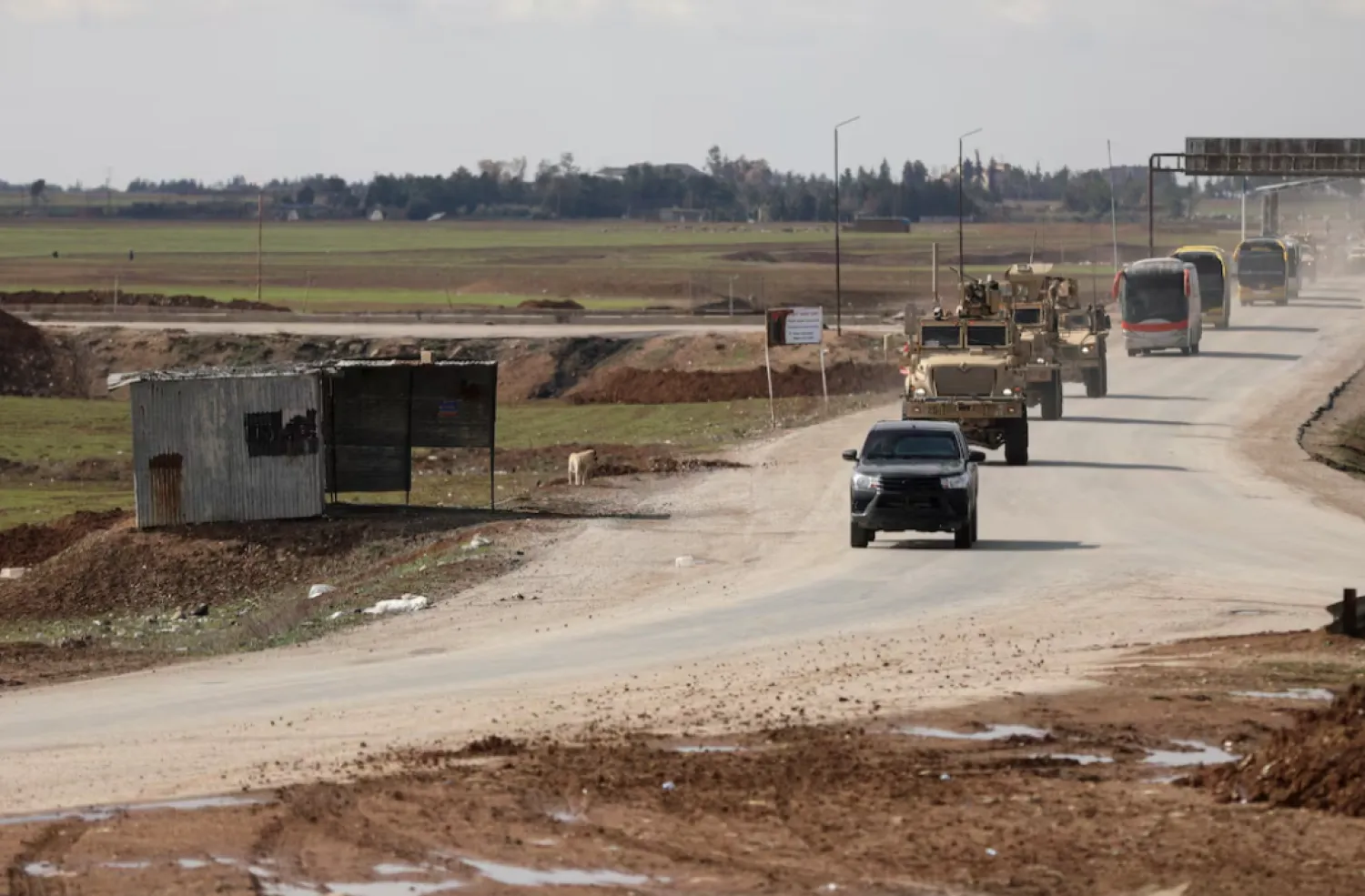The Sudanese Foreign Ministry has urged the international community to criminalize dealing with the Rapid Support Forces (RSF), led by Mohamed Hamdan Dagalo, and to designate the “militia” group as "terrorist."
The Ministry said in a statement that it followed with interest the latest report of the UN observers on the implementation of Security Council Resolution 1591 regarding Darfur and the war waged by the rebel militia, referring to the RSF and its supporters against the Sudanese people.
It quoted the UN report as saying that the number of "between 10,000 and 15,000 people were killed in one city in Sudan's West Darfur region last year in ethnic violence," including women, children, and the elderly.
It considered that the continued supply of advanced weapons provided and facilitated by specific countries, named by the UN observers, and arriving on flights several times a week, in violation of the relevant Security Council resolutions, enabled the rebel militia to expand its military operations and commit atrocities against civilians.
The Ministry also called on the Security Council to assume its responsibility towards the countries that fuel the war in Sudan by providing the militia with weapons and political and media support, saying they should be considered perpetrators of the aggression punishable by international criminal justice.
A report issued by the UN experts accused the RSF group of using large-scale proceeds from gold mining to fund its devastating war against the nation's army.
The report prepared by United Nations investigators and published by Bloomberg on Sunday claimed that Rapid Support receives supplies from a regional country via Chad.
"Violence by the RSF and allied militias may have killed as many as 15,000 people in one city in the Darfur region in 2023," said the UN report, a figure exceeding the UN's previous toll for the nine-month conflict.
The report traced the root of the RSF to the "Janjaweed militias" formed by the Sudanese government under former President Omar al-Bashir to crush a rebellion in Darfur.
The UN experts believe the group benefited from a complex web of financing and new military supply lines across eastern Chad, Libya, and South Sudan and now controls most of Darffur.
The experts said financial networks set up by the RSF before and during the conflict enabled it to acquire weapons, fund media campaigns, pay salaries, and buy backing from political and armed groups.
The experts also noted in their report that since July, the RSF deployed heavy and advanced weapons, including "drones, howitzers, multiple-rocket launchers and anti-aircraft weapons such as MANPADS.
They added, "The new firepower had a major impact on the balance of forces in Darfur and the wider country."
Meanwhile, a landmine killed ten civilians in the Nile River state of North Sudan.
A medical source at a hospital in Shendi city in River Nile state told AFP that "10 civilians were killed as a result of a mine explosion on a bus" on Saturday.
When the blast happened, the bus was transporting passengers from al-Jazira state to Shendi.
It is believed to be the first incident since the outbreak of battles between the army and the RSF in the country.
According to social media activists last week, the Sudanese army warned the Shendi residents to be careful and avoid areas with barricades that include highly sensitive landmines equipped with long-range explosives.
However, the army has not issued an official statement in this regard.
The conflict in Sudan caused the displacement of about 7.5 million people inside and outside the country, according to the UN.









